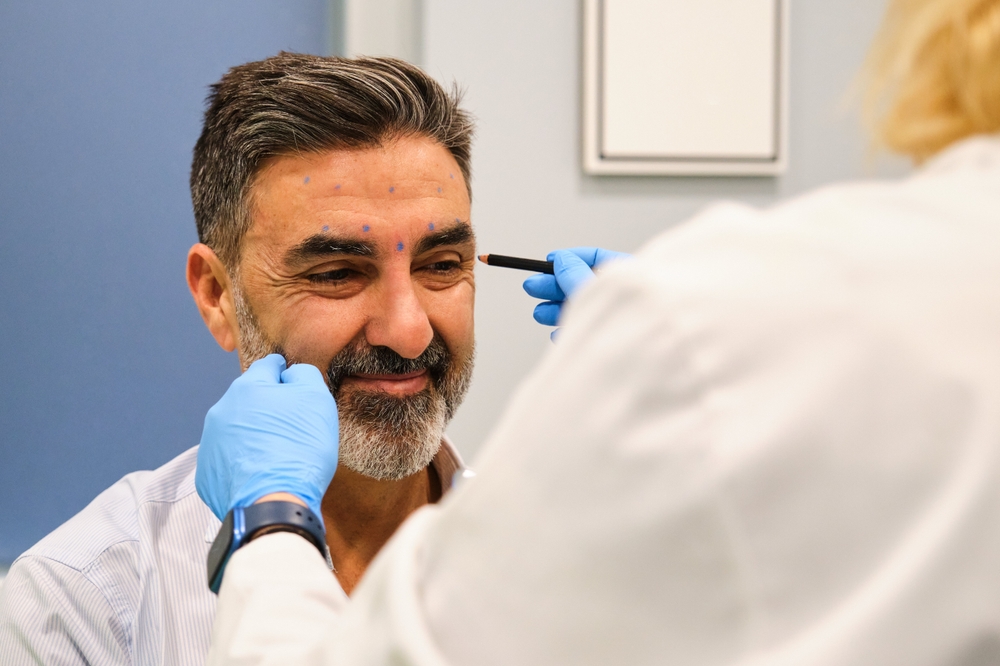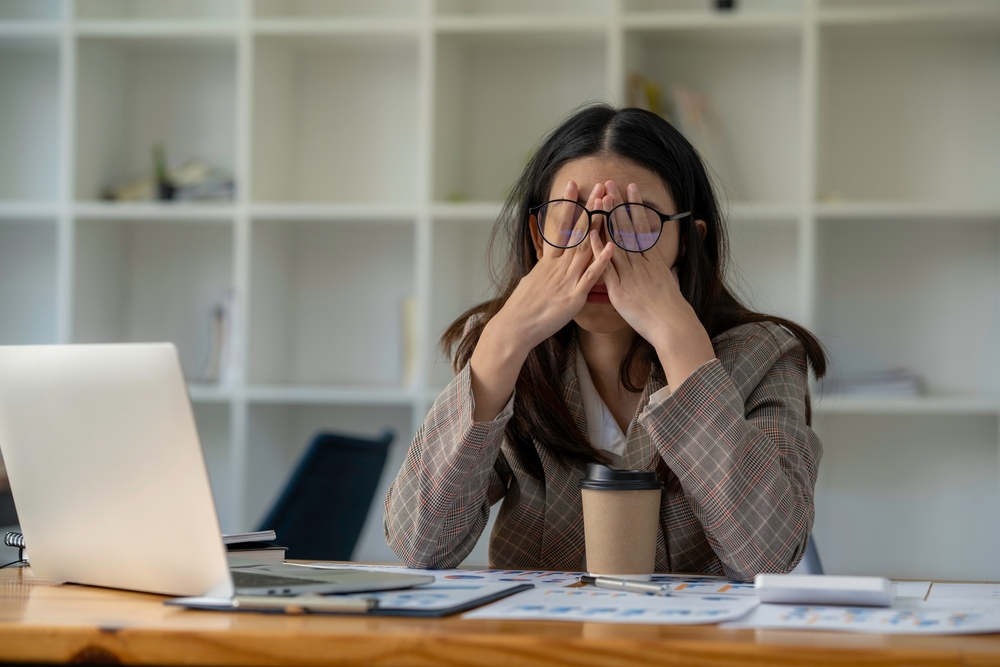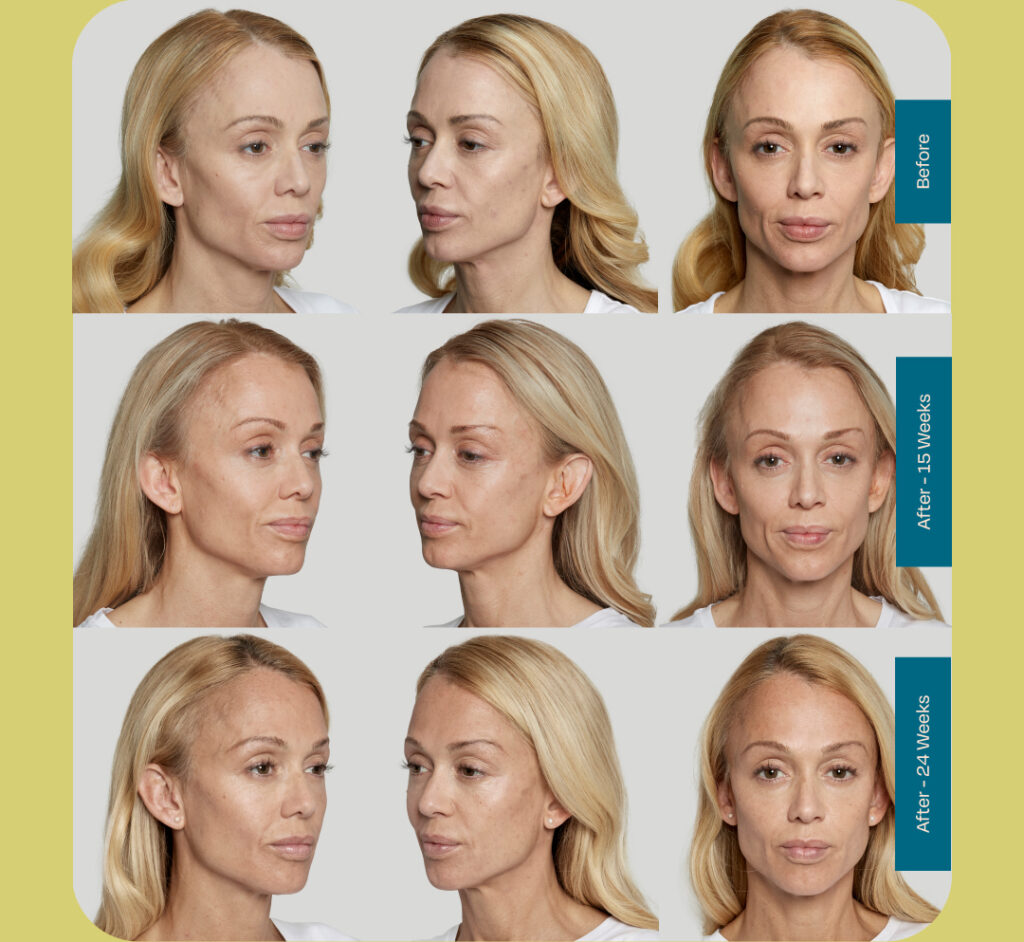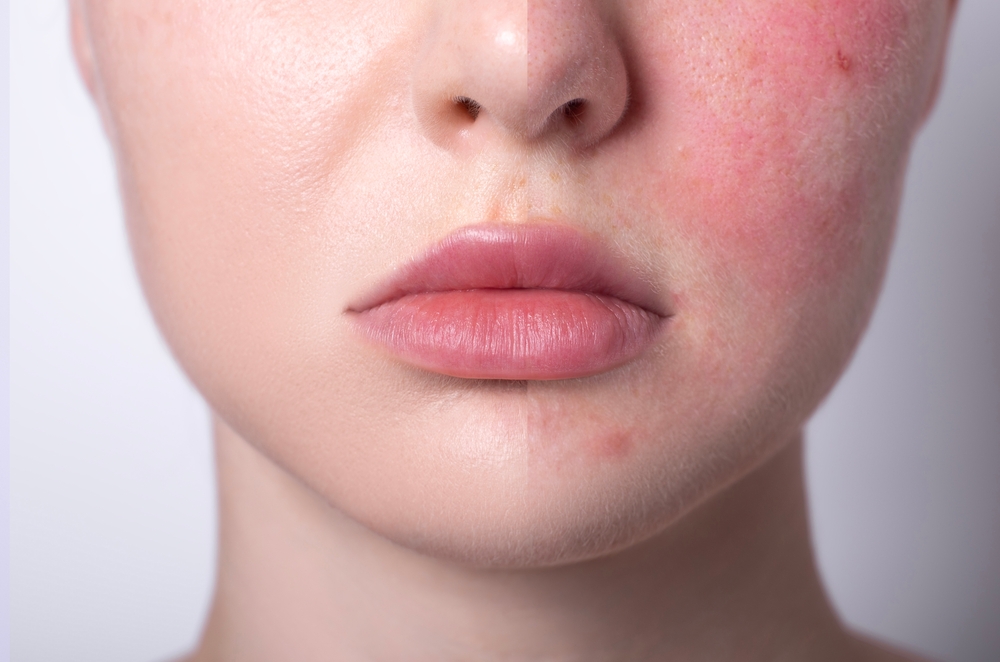Getting a proper night’s sleep is imperative to maintaining good health, but for some people it can be a nightly struggle. Even if they’ve planned and given themselves enough time to get a good 7 to 8 hours, sometimes the actual process of falling asleep doesn’t come as easily as expected. Tossing and turning or staring at the ceiling may lead to frustration that can then make it even more difficult to fall asleep!
If this sounds like you, you may have taken sleep aids to help ease the transition to that coveted deep sleep. But take note, if melatonin has been your supplement of choice and you didn’t get the results you expected, it may be because your particular brand had less, or maybe even more, of the amount listed on the bottle. And that could be setting you up for failure when you need your sleep to function at your best!
Buyer Beware!
Melatonin is a natural hormone that helps maintain your daily cycle of sleep and wakefulness since levels rise at night and drop in the morning. Supplementation of it has been used as a non-medicinal sleep aid or as a way to recover from jet lag.
In a Canadian study published in the Journal of Clinical Sleep Medicine that looked to see if actual content matched what supplement labels were reporting was in the product, researchers analyzed 31 different products for their melatonin content. What they found was inconsistency to the following degrees:
- More than 70% of the supplements were inaccurately labeled based on actual content
- Amounts varied from 83% less to 478% more than what was indicated on the container
- Samples from different lots of the same brand could vary by up to 465%!
- 8 of 31 samples even contained significant quantities of the drug serotonin!
That’s a lot of variation when you think you know what you’re getting when you purchase a supplement! More than 3 million Americans take melatonin, according to the U.S. National Center for Health Statistics. But because it’s considered a dietary supplement, rather than a drug, it is not subject to U.S. Food and Drug Administration regulations. However, there are supposed to be quality standards that are adhered to with processing and production. All products that were used in the study were purchased in Canada.
It was unknown how serotonin may have been present in some of the samples since it is a controlled substance. Even in supplement form it could have the same effect as the neurotransmitter that is produced naturally in the body, which could be an issue for someone taking a medication such as antidepressants, as could a supplement that has excessive melatonin.
While many people have benefitted from melatonin in promoting restful sleep, the question of why there is trouble falling asleep in the first place still needs to be addressed. Are the adrenals in a hyperactive state and prohibiting the body from being able to wind down? Are there eating patterns or food choices that are burdening the body before bedtime? Could blood sugar imbalances be the cause?
There are many metabolic factors that go into being able to get a good night’s sleep, and if you’re experiencing problems, taking a look at some blood markers may be a good first step at discovering the cause. Sometimes, as we’ve seen in the office, it may be as simple as correcting some dietary habits that are disrupting the normal sleep pattern. And that may be more reliable than putting you trust in a supplement that may or may not be giving you the benefit you hoped it would.

















